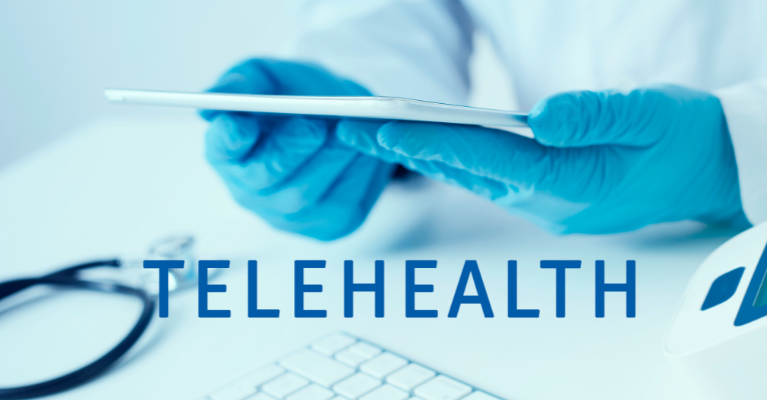Western Cape hospital pilots groundbreaking telehealth Critical Care initiative
Type of article: News
MedED Catalogue Reference: MGN012
Category: News | Healthcare Technology, Public Health
Keywords: public health, technology, critical care
Top

8 January 2024, 09:30
Contributor: Linda Ravenhill
For years, the promised benefits of telehealth have eluded us, offering a tantalising glimpse of ‘what could be’ for medicine but delivering lacklustre improvements in practice. Until recently, most use cases in medicine have focused on patient–practitioner relationships, where its implementation has yielded mixed reactions and results.
That may be about to change.
The Intensive Care Unit in George Regional hospital, located on the Garden Route in the Western Cape, is currently piloting a telehealth initiative that aims to link clinicians working in units in underserved facilities with their counterparts in better-resourced hospitals. In George Regional’s case, physicians in the ICU are linked to their colleagues in Groote Schuur Hospital, a move that is already making a significant difference in care delivery.
The ICU unit at George Regional is the only ICU facility in the region. It serves a large population that has to date, relied almost completely on specialists travelling to the hospital or in-hospital transfers to Cape Town when managing complex cases, all of which come at a significant cost.
‘Georgie’, as the telehealth technology has affectionately been dubbed, is a double robotic device that links clinicians between the two facilities in real-time. If you are wondering what a double robotic device is, it is a remote-controlled device – typically iPad-based - mounted on a movable stand that allows you to conduct two-way conversations using video-conferencing. In Georgie’s case, it requires no subscriptions or specific infrastructure, making it a financially viable solution which may work in other similar settings.
The technology was first used in the hospital during COVID, and its benefits prompted the facility to acquire it full-time.
While Gorgie is still being piloted, the teams involved will monitor key indicators such as reduced mortality, length of stay, and rate of transfers and how it impacts staff and patient satisfaction. However, all the signs are there that the technology is here to stay.
At her recent visit to George Regional, Minister Nomafrench Mbombo said: “This project is proving that specialists no longer must be by the bedside to render life-saving services. Now, we are able to provide the same consultation without having to bear the costs of transfers or travelling. Even though this device is currently focused on critical care services, it possesses the immense potential of being expanded to other disciplines. Innovations such as these in the telemedicine area could make our healthcare services not only more accessible but, importantly more equitable. Due to the current constrained fiscal environment, it is more important than ever to find new ways to improve the quality of healthcare while also cutting costs. I look forward to seeing how this pilot project brings the best possible care to patients in the Garden Route.”
Access associated content
TeleICU pilot project is foundation for further innovation in health technology
Back to top
This article is compiled from various resources researched and compiled by the contributor. It is in no way presented as an original work. Every effort has been made to correctly attribute quotes and content. Where possible, all information has been independently verified. The Medical Education Network bears no responsibility for any inaccuracies which may occur from the use of third-party sources. If you have any queries regarding this article contact us
Fact-checking Policy
The Medical Education Network makes every effort to review and fact-check the articles used as source material in our summaries and original material. We have strict guidelines in relation to the publications we use as our source data, favouring peer-reviewed research wherever possible. Every effort is made to ensure that the information contained here is an accurate reflection of the original material. Should you find inaccuracies, out of date content or have any additional issues with our articles, please make use of the contact us form to notify us.


